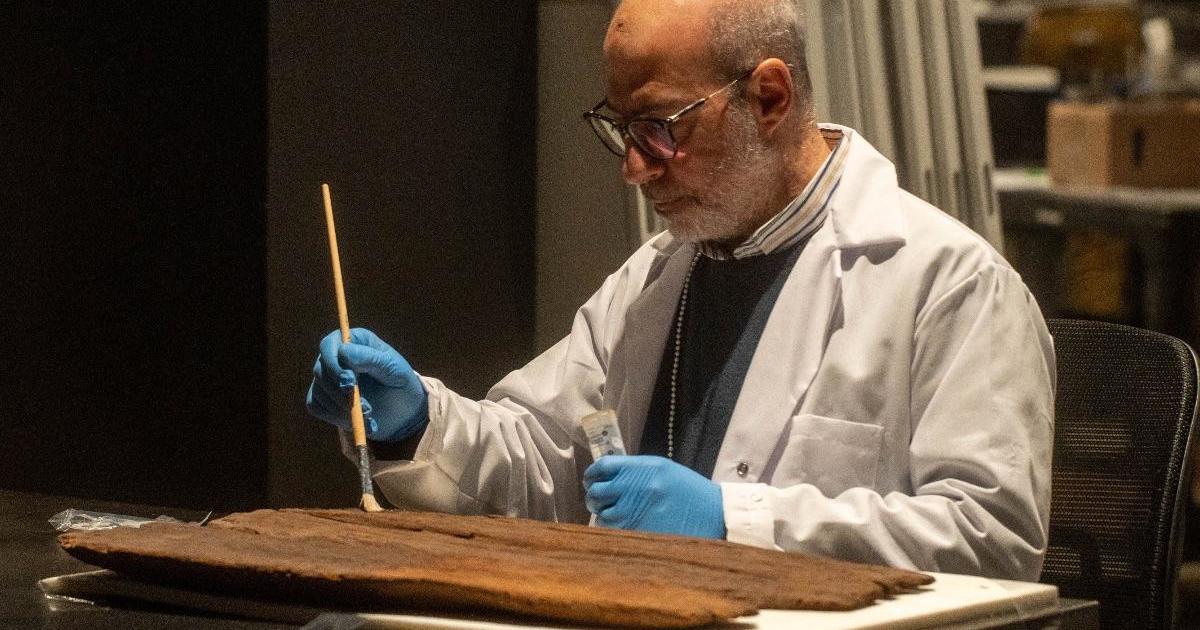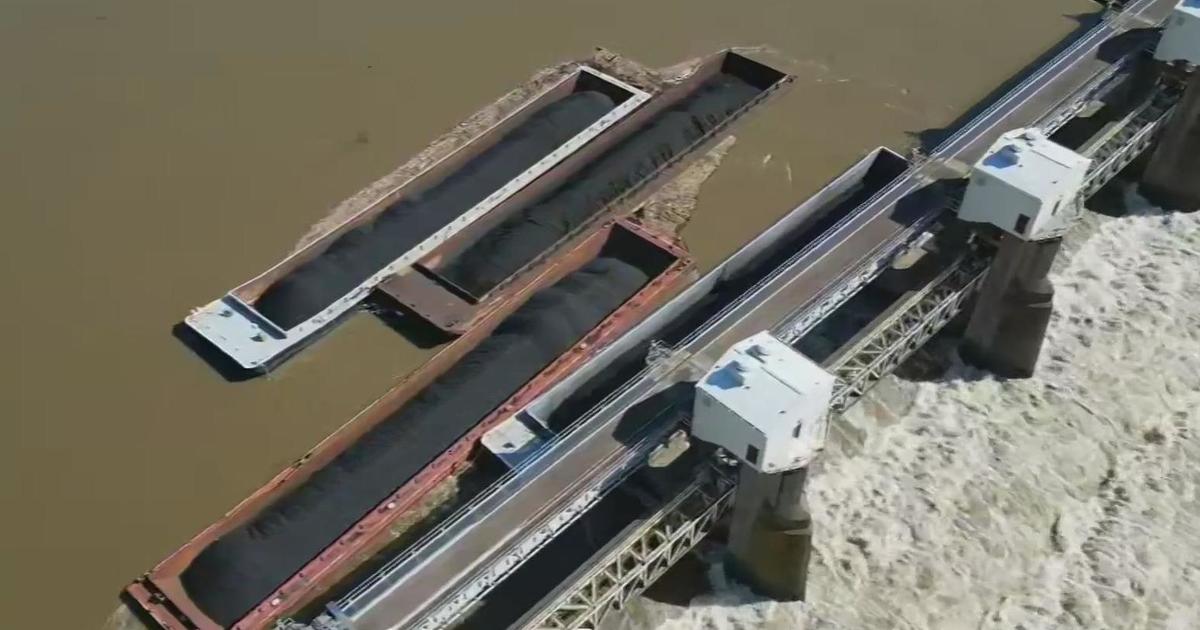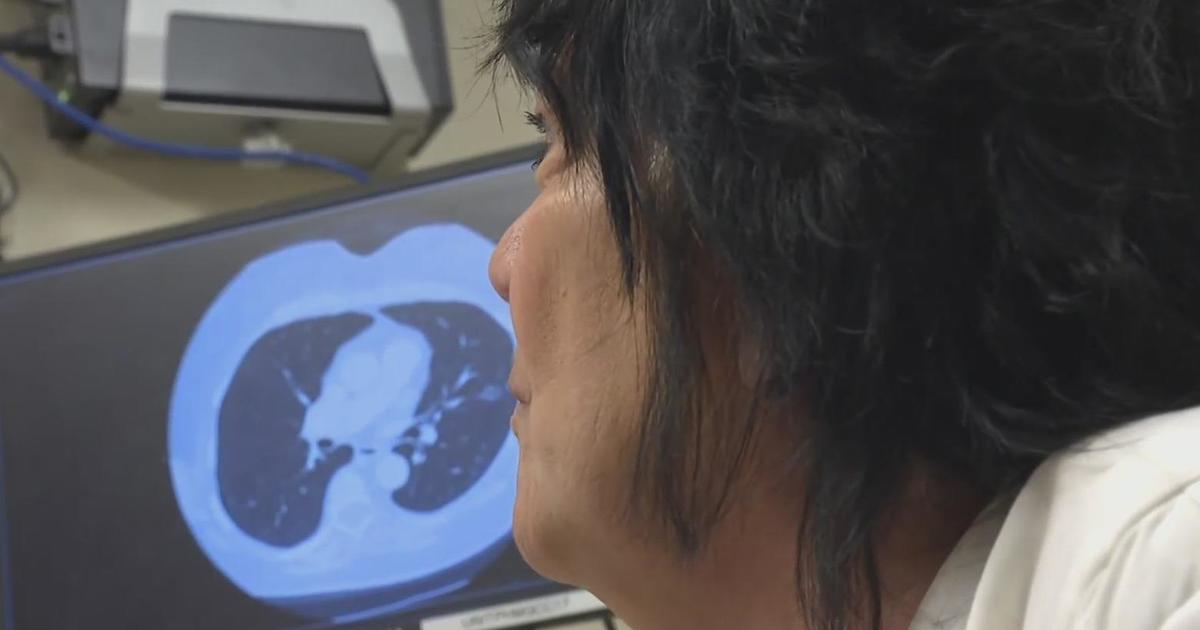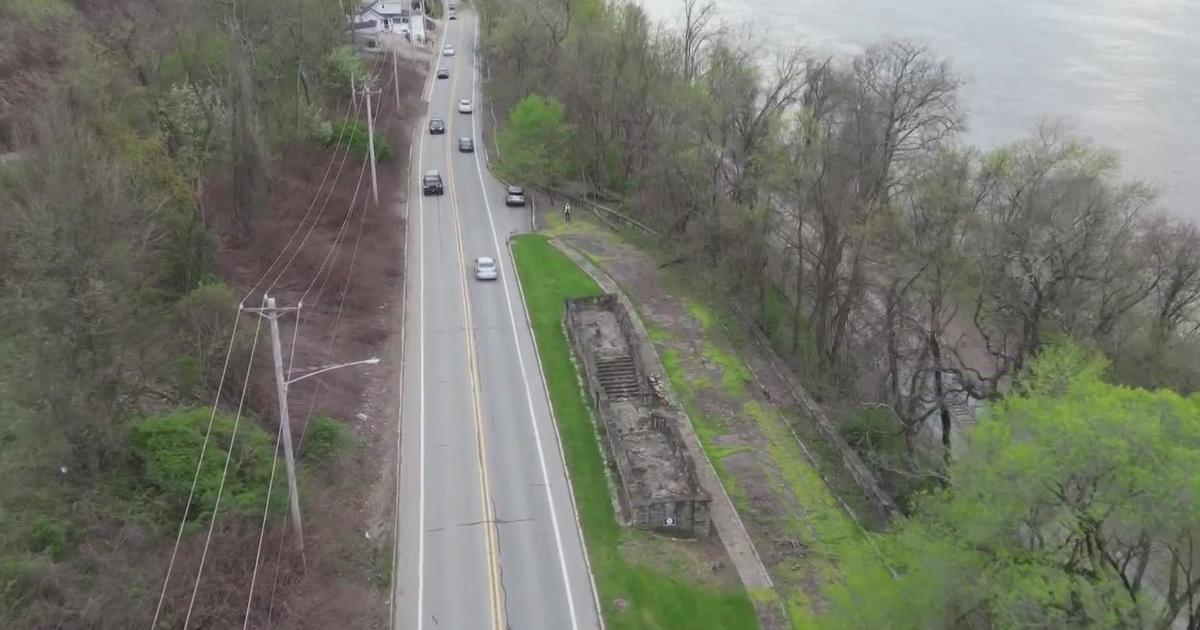New Pictures In Motion Technique Helping Back Pain Sufferers
PITTSBURGH (KDKA) -- Like many Americans, Patrick Overking had so much back pain, he couldn't walk.
"It was scary because it was not only sharp pain, but there was tingling and numbing," he describes. "My wife likes to go antiquing, and it was really sad. I just couldn't keep up with her. I'd have to take five steps and sit down on a bench somewhere."
He had back surgery for spinal stenosis, which showed up on an MRI scan.
"You could barely see any spinal canal," Patrick says.
For that test, he had to lie still.
"Tests that we've used looking at the spine in the past have been x-rays, MRIs, CT scans or even myelograms. Those tests are static tests. Kind of like photographs," Dr. Donald Whiting, a neurosurgeon at Allegheny General Hospital, said.
Many surgical decisions are based on these static photos, which don't show everything. A reason surgeries can fail.
"I think some of that is because we're not understanding the dynamics of the spine ahead of time. And this really does have the potential to answer that," Dr. Whiting continues.
After his surgery, Patrick took part in research testing of a new technique that takes pictures as he moves.
Like a flip book, the machine captures a million points along the spine during motion, and creates a movie of the spine.
"If the patient experiences pain in different positions, or when they're standing versus lying down, this will help," says Boyle Cheng, PhD, the neurosuregry research director at Allegheny General Hospital.
Because this imaging technique is relatively new, right now it collects lots and lots of information. Some is important to making clinical decisions, some is not. The doctors are still sorting that out.
What they eventually hope for is clear cut information to guide therapy.
"Your test showed this, you need therapy; or your test showed this, you need surgery at this one level, but not the next level; your test showed this, you don't need any surgery at all, you just need to lose weight," says Dr. Whiting.
The doctors say the machine has been FDA approved, and insurance has been covering the test like a standard bending x-ray. And for the amount of information generated, the radiation exposure is lower.
At the moment, only a few of these machines exist across the country. The $200,000 set-up is only available in a handful of places.
"We are very fortunate to have this technology in Western Pa.," says Dr. Cheng.
Not only did Patrick find out he did exceedingly well with his back surgery, the testing gave him peace of mind.
"See that old back bone moving and stretching," he says, "once again made you feel real good."
RELATED LINKS:
More Health News
More Reports from Dr. Maria Simbra



